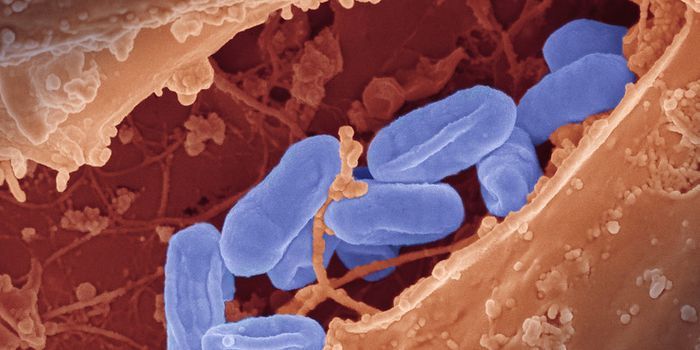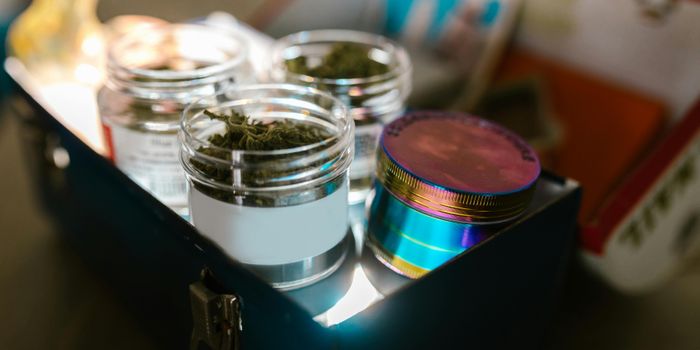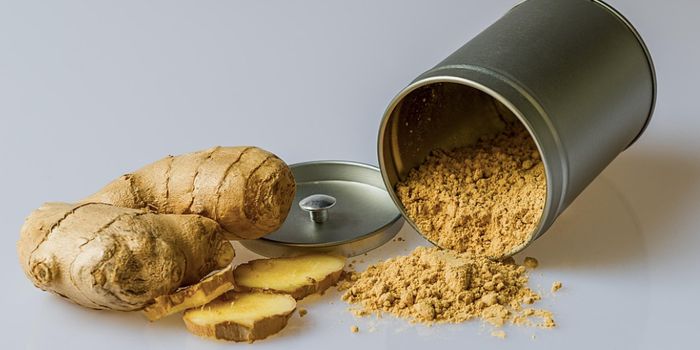University of Washington studies potential health risks of working in the cannabis industry
As the cannabis industry expands, workers are reporting health concerns associated with working in a cultivation center or processing facility. An upcoming study by the University of Washington’s Department of Environmental & Occupational Health Sciences (DEOHS) found that 70% of cannabis industry workers experienced respiratory difficulties and allergic reactions. 45% of the study participants reported minor impairment of lung function, and skin prick testing indicated 30% had allergic sensitivity to cannabis. However, these Washington researchers are recruiting a new round of participants (both users and non-users) for an upcoming study that will examine differences between cannabis exposure at home versus exposure at work.
Studies of the cannabis industry’s occupational hazards can be used to design safer workplaces and develop more effective policies and operating procedures. Exposures to bioaerosols, organic dust, particulate matter, volatile compounds, and pesticides all pose a respiratory and allergic threat.
In addition to these irritants, the University of Washington researchers aim to distinguish allergy and respiratory problems caused by cannabis product use at home, from exposure at work. Most cannabis industry workers are moderate to frequent consumers, which makes it difficult to determine whether exposure at home or at work plays a more significant role in respiratory and allergy rates. Pinpointing the source and intensity of exposure can lead to more efficient safety protocols and minimize potential hazards.
Another key factor in researching occupational hazards is to identify high risk task zones and activities. A study of indoor cultivation facilities found that cannabis worker exposure to particulate matter and volatile organic compounds is higher in some work areas such as the trim, pre-roll, and grow areas. Control measures in these task areas are crucial for minimizing respiratory hazards in these enclosed spaces.
Although there is limited research on cannabis industry health hazards, the research conducted by DEOHS provides helpful data for establishing workplace safety standards and reducing occupational hazards.
Sources:
Annals of Work Exposure and Health, The Spokesman Review








